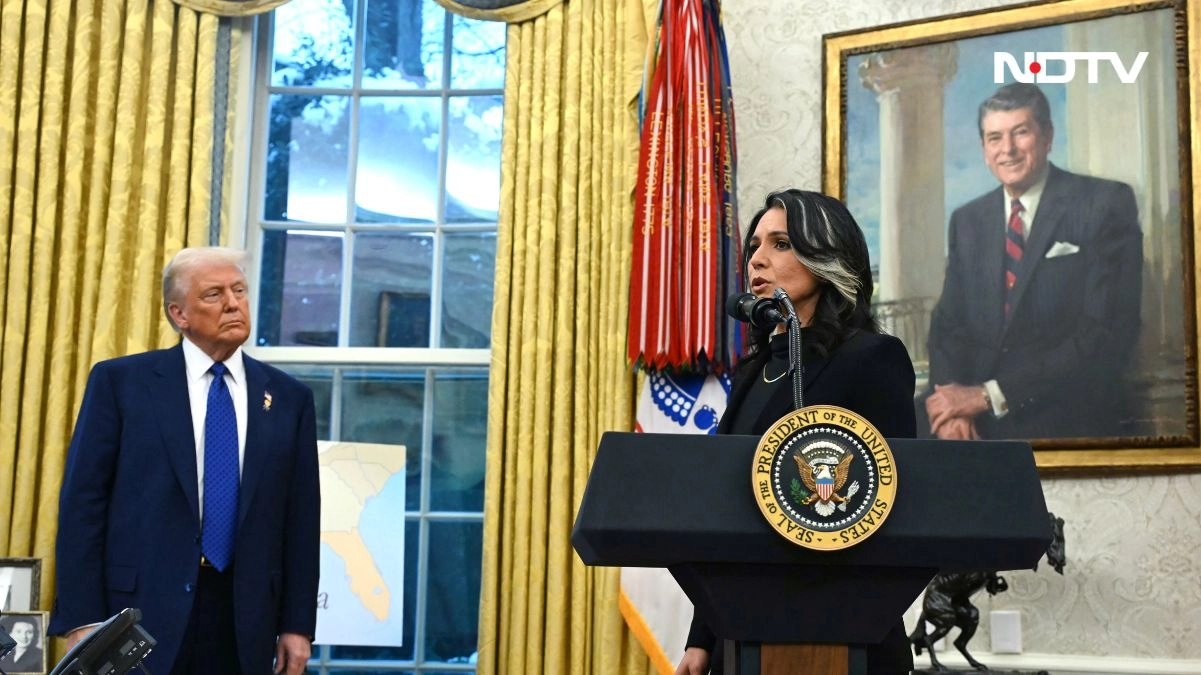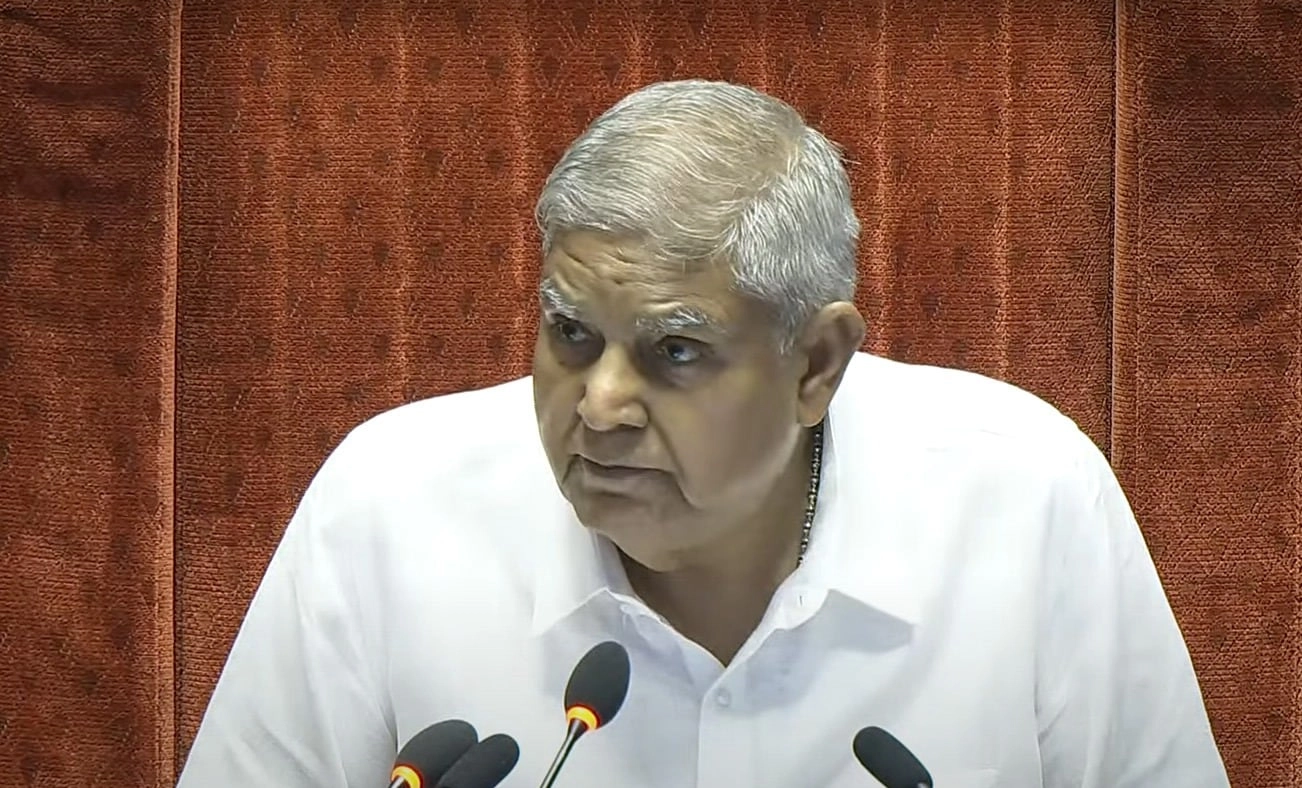Tulsi Gabbard, the former U.S. Congresswoman and 2020 presidential candidate, recently made headlines due to her clarifications regarding her stance on Iran, particularly following a series of sharp criticisms from former President Donald Trump. Trump’s remarks, which came in quick succession within the same week, aimed to challenge Gabbard’s foreign policy perspectives, a topic that has been a significant part of her political identity. Gabbard’s response reflects not only her views on the complex geopolitical landscape but also her commitment to addressing misinformation in the political arena.
In her clarification, Gabbard emphasized the need for a nuanced understanding of Iran, highlighting the importance of diplomatic engagement over military intervention. She expressed her belief that labeling Iran solely as an antagonistic entity overlooks the complexities of the region and the potential for constructive dialogue. Gabbard’s approach contrasts sharply with Trump’s rhetoric, which often positions Iran as a primary adversary. By advocating for diplomacy, she aims to foster a more comprehensive strategy that considers the broader implications of U.S. foreign policy in the Middle East.
The tension between Gabbard and Trump underscores a larger debate within American politics regarding how to approach foreign relations, especially with nations like Iran that have historically been viewed with suspicion. Gabbard’s willingness to challenge conventional narratives not only sets her apart from many of her peers but also invites a reconsideration of U.S. policies that have led to prolonged conflicts. Her clarifications serve as a reminder of the importance of informed discourse in shaping public opinion and policy, particularly in an era marked by divisive rhetoric and polarized views on international relations.
Ultimately, Gabbard’s response is indicative of her broader political philosophy that prioritizes peace and diplomacy over military actions. As she navigates the fallout from Trump’s criticisms, her focus remains on promoting a foreign policy that seeks to understand and engage rather than isolate nations like Iran. This approach not only reflects her commitment to a more just global order but also resonates with a segment of the electorate that is increasingly wary of endless military interventions. In an age where political rhetoric can often overshadow substantive policy discussions, Gabbard’s clarifications offer a refreshing perspective on how the United States might better engage with the world.




